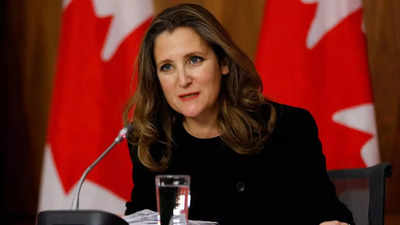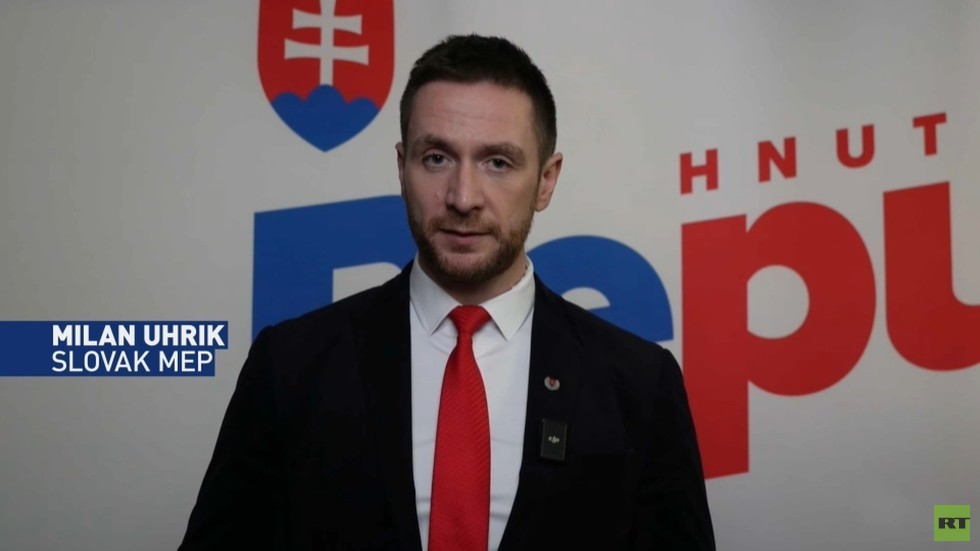
File photo: Chrystia Freeland (Picture credit: Reuters)
Canada’s Deputy Prime Minister and Finance Minister Chrystia Freeland on Monday announced her resignation on Monday, citing fundamental disagreements with Prime Minister Justin Trudeau over the country's future economic direction.
Freeland’s departure comes on the same day she was set to present a critical
fall economic update
, which analysts expected to reveal a significant increase in the budget deficit for 2023/24.
“For the last number of weeks, you and I have found ourselves at odds over the best path forward for Canada,” Freeland wrote in a resignation letter addressed to Trudeau and shared on X (formerly Twitter).
She revealed that Trudeau had informed her last Friday that he no longer wanted her to continue as finance minister and had offered her an alternative cabinet role.
“Upon reflection, I have concluded that the only honest and viable path is for me to resign from the Cabinet,” Freeland said.
The Prime Minister's Office has yet to respond publicly to her resignation.
Break in a long-standing alliance
Freeland, widely regarded as one of Trudeau’s closest allies and most powerful cabinet members, played a pivotal role in shaping Canada’s pandemic recovery strategy and negotiating trade agreements, including the renegotiation of NAFTA.
Domestic media reports suggest that Freeland and Trudeau clashed over a proposed government package of temporary tax breaks and new spending measures. The disagreement reportedly came to a head in recent weeks as Canada faces rising inflation and public discontent over affordability issues.
Freeland’s decision to step down marks a rare instance of open discord within Trudeau’s cabinet. “On Friday, you told me you no longer want me to serve as your Finance Minister,” she stated, underscoring the irreconcilable differences that led to her departure.
Speculation on Freeland’s successor
Freeland’s resignation has sparked immediate speculation about her successor. Among the names being floated is former Bank of Canada governor Mark Carney, who currently serves as an economic advisor to Trudeau.
However, Carney is not a sitting legislator, and Canadian tradition would require him to seek a seat in the House of Commons before assuming a cabinet role.
Freeland’s resignation comes at a critical juncture for Canada, as the country grapples with economic headwinds, including rising inflation, increased borrowing costs, and a ballooning deficit.
The fall economic update she was scheduled to deliver on Monday was anticipated to outline measures to address these issues, but her departure casts uncertainty over the government’s fiscal strategy.

 5 days ago
4
5 days ago
4










 English (US) ·
English (US) ·